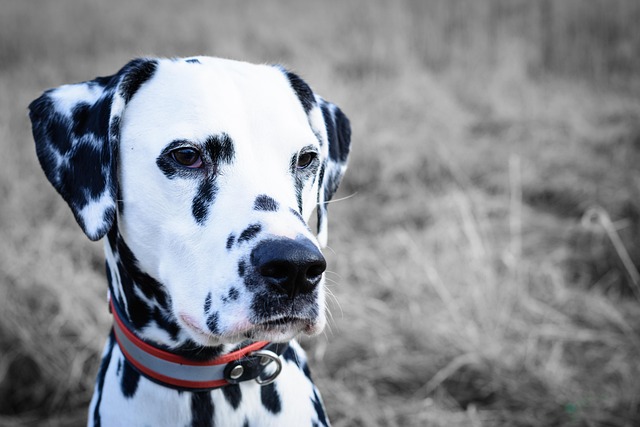
How do i train my dog to be obedient?
Watching your dog dart across the park ignoring your calls isn’t just frustrating—it can put them at risk near busy streets or public spaces.
Puppy bites feel like tiny pinches at first, but those sharp little teeth can quickly turn painful as your furry friend grows. The question isn’t just if you should teach them not to bite, but when—and the answer is earlier than you might think. Starting early helps shape their behavior before it becomes a hard-to-break habit.
Most experts agree that the sweet spot begins around 8 to 10 weeks old. At this age, puppies are like little sponges, soaking up lessons from every interaction. They’re also in the middle of a critical socialization period, learning how to communicate with other dogs and humans. This is when they naturally start understanding bite inhibition—how hard is too hard—from their littermates. If a puppy nips a sibling too firmly, the sibling yelps and stops playing. That’s a lesson they carry with them, and you can reinforce it at home.
By 12 to 16 weeks, their jaws get stronger, and nipping can leave bruises. This is when consistency becomes key. When your puppy latches onto your hand, mimic that littermate reaction: let out a soft “ow” and pull your hand away gently. Pause play for a few seconds, then resume with a toy instead. They’ll start to connect the yelp with the end of fun, and the toy with keeping the game going. It’s simple, but it works—puppies thrive on patterns.
 Don’t wait for bites to get worse before stepping in. Waiting until 6 months or later, when their adult teeth come in, makes training harder. By then, biting might have become a reflex, especially during excitement. Early lessons feel like play to them, not punishment, which keeps their attitude positive. Think of it as teaching them manners while they’re still eager to please, not when they’re set in their ways.
Don’t wait for bites to get worse before stepping in. Waiting until 6 months or later, when their adult teeth come in, makes training harder. By then, biting might have become a reflex, especially during excitement. Early lessons feel like play to them, not punishment, which keeps their attitude positive. Think of it as teaching them manners while they’re still eager to please, not when they’re set in their ways.
Socialization classes for puppies, often starting around 10 to 12 weeks, are great for reinforcing these lessons. Being around other puppies and trained instructors gives them real-time practice. They learn that nipping a classmate ends playtime, just like it does at home. These classes often follow local guidelines for puppy training, ensuring methods are safe and effective—something that matters for responsible pet ownership in many communities.
Every puppy matures at their own pace. Some catch on in a week; others take a month. What matters is staying patient and positive. Never scold or hit them for biting—that can make them fear you, or worse, bite harder out of anxiety. Instead, celebrate small wins: a gentle nudge with their nose instead of a bite, or switching to a toy without prompting. Those moments build trust and make learning enjoyable.
Watching your puppy go from nippy to gentle is one of the joys of raising them. Those early weeks of guidance pay off in a dog who greets guests with a wag, not a jump, and plays without leaving marks. It’s not just about stopping bites—it’s about building a bond where they know you’re there to teach, not scold, every step of the way.

Watching your dog dart across the park ignoring your calls isn’t just frustrating—it can put them at risk near busy streets or public spaces.

New puppy owners often find themselves rushing to clean up accidents before they set in, and that’s where puppy pad training becomes a game-changer.

If you've noticed your dog's waistline disappearing and your veterinarian has mentioned those few extra pounds, your first instinct might be to simply reduce the amount of food in their bowl.

Training a dog to use a designated spot indoors isn’t as daunting as many new owners fear, but it does take consistency and an understanding of your pet’s needs.

That moment of dread on a walk is all too familiar for many new dog owners. You see another dog approaching down the sidewalk of your neighborhood

If the sight of another dog on your neighborhood walk makes your heart sink as your own dog erupts into a frenzy of barking and lunging, you're not alone.